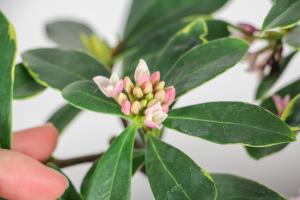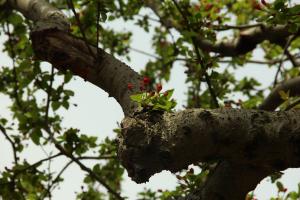Should I Plant Trees in the Fall?
Planting trees can be a rewarding and beneficial activity for both the environment and individuals. However, choosing the best season to plant trees can be a decision that requires careful consideration. One question that often arises when it comes to planting trees is whether or not it is best to plant them in the fall. In this article, we will explore the advantages and disadvantages of planting trees during the fall season.
The Advantages of Planting Trees in the Fall
Fall offers several advantages for planting trees. One of the main benefits is that the cooler temperatures and shorter days of autumn allow young trees to establish their roots without being stressed by the heat and water evaporation of the summer months. The soil is still warm enough to promote root growth, but the air temperatures are not hot enough to cause leaf scorch or water stress.
In addition to this, fall planting allows trees to take advantage of the ample rain and cool weather conditions, which provides ideal growing conditions. Trees planted earlier in the fall will have more time to develop deeper, stronger roots before winter sets in, which will help them withstand the cold months ahead.
The Disadvantages of Planting Trees in the Fall
While planting trees in the fall can be beneficial, there are also some potential drawbacks to consider. For instance, fall planting runs the risk of a tree being exposed to early winter conditions before its roots have had a chance to establish themselves. This can lead to the tree's inability to survive the winter months and its eventual death.
In addition, fall planting may be less ideal for species that are sensitive to environmental changes or root damage. Trees such as fruit trees, birch trees, and maples can be more sensitive to root disturbance and may require more favorable planting conditions in order to survive and thrive.
Final Thoughts on Planting Trees in the Fall
Ultimately, whether or not you should plant trees in the fall will depend on a variety of factors, such as the species of tree, your climate zone, and the local weather conditions. For most species of trees, fall can be an ideal time to plant, as long as you pay close attention to the tree's planting requirements and follow proper planting techniques. By doing so, you can help ensure a strong and healthy start for your new trees and create a beautiful and beneficial landscape for years to come.

 how many times do yo...
how many times do yo... how many planted tre...
how many planted tre... how many pine trees ...
how many pine trees ... how many pecan trees...
how many pecan trees... how many plants comp...
how many plants comp... how many plants can ...
how many plants can ... how many plants and ...
how many plants and ... how many pepper plan...
how many pepper plan...































